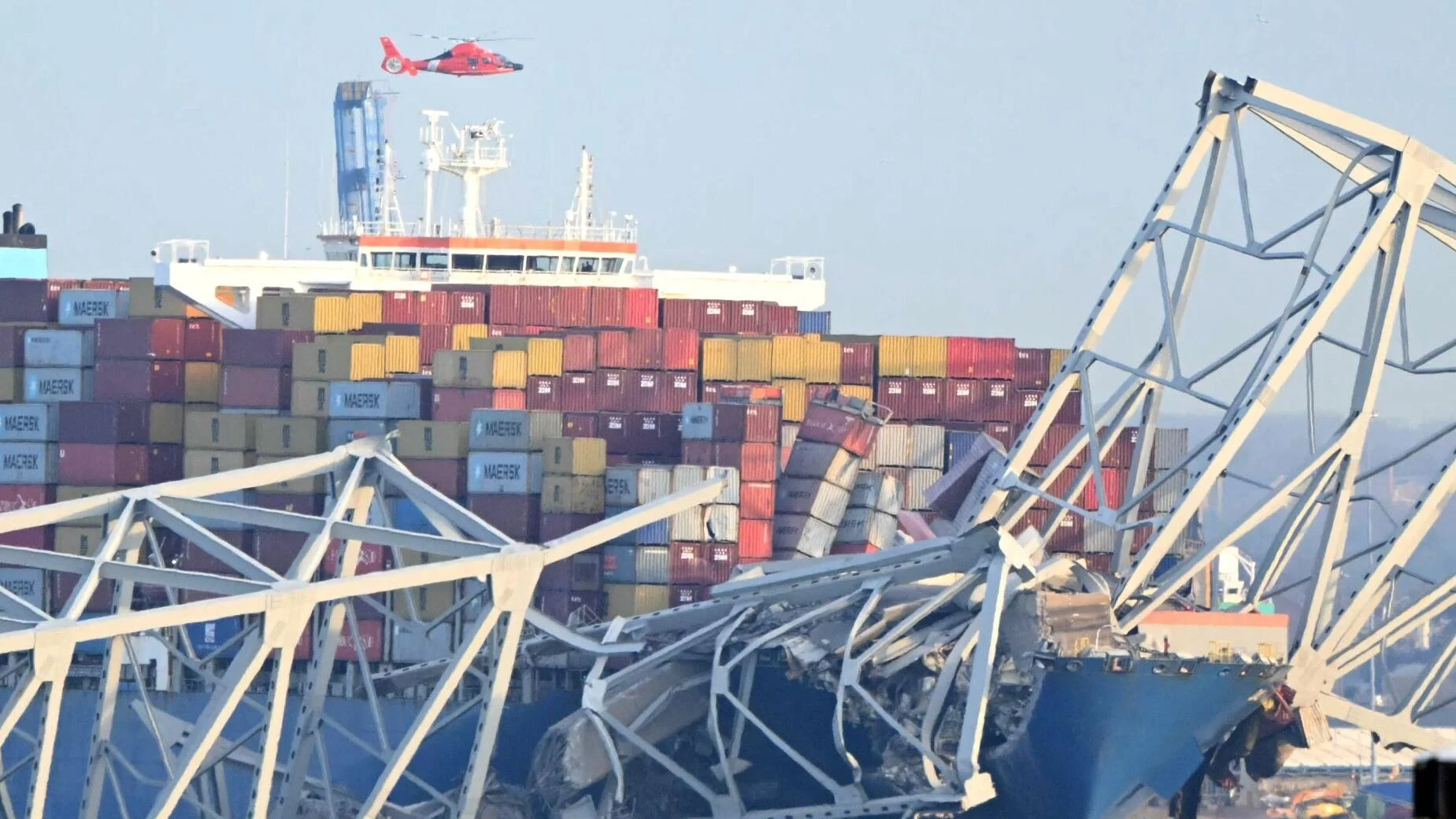The container ship collision with a major bridge in Baltimore early Tuesday shocked the maritime industry. The vessel, operated by a company headquartered in Mumbai, had an all-Indian crew of 22 members. The incident occurred during the ship’s transit under the bridge, leading to the bridge’s collapse and parts of it plunging into the river below.
Authorities have launched investigations to determine the cause of the collision and to assess the extent of the damage. The incident has raised concerns about maritime safety protocols and the need for stricter regulations to prevent such accidents in the future.
The crew’s safety and well-being are a top priority for the company, which is coordinating with local authorities and maritime agencies to provide support and assistance. The crew members have been evacuated from the vessel and are receiving medical attention as needed.
The collision has also prompted discussions about the importance of proper training and certification for seafarers to ensure they are equipped to handle challenging situations at sea. It underscores the risks associated with maritime transportation and the need for constant vigilance to prevent accidents and protect lives and property.
Local residents and officials have expressed shock and concern over the incident, which has disrupted traffic and caused significant damage to the bridge and surrounding infrastructure. Efforts are underway to assess the full extent of the damage and to develop plans for repairs and reconstruction.
The incident has also sparked debate about the safety of shipping routes and the need for stricter regulations to prevent collisions and other accidents involving cargo vessels. It highlights the importance of effective communication and coordination between ship operators, port authorities, and other relevant stakeholders to ensure the safe and efficient movement of goods through maritime channels.
The collision has drawn attention to the potential consequences of maritime accidents, not only in terms of infrastructure damage but also the environmental impact. There are concerns about potential oil spills or hazardous material leaks from the cargo ship, which could pose serious threats to marine ecosystems and coastal communities.
Efforts are underway to assess and mitigate any environmental damage resulting from the collision. Response teams are working to contain and clean up any pollutants that may have been released into the water, while also monitoring the situation closely to prevent further harm to the environment.
The incident has also highlighted the importance of effective risk management and emergency response procedures in the maritime industry. Ship operators and authorities must continually review and update their safety protocols to ensure they are prepared to handle emergencies effectively and minimize the impact of accidents.
In the aftermath of the collision, there will likely be discussions about potential changes to shipping regulations and infrastructure to enhance safety and prevent similar incidents in the future. This may involve stricter enforcement of speed limits, improved navigation aids, and enhanced training for ship crews to improve their ability to navigate safely in challenging conditions.
As the investigation into the collision progresses, authorities will work to determine the root causes of the accident and identify any lapses in safety procedures or regulatory compliance. Lessons learned from the incident will inform efforts to strengthen maritime safety standards and prevent similar accidents from occurring in the future.

